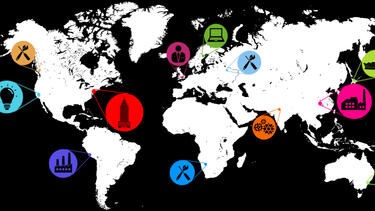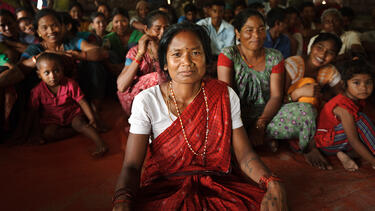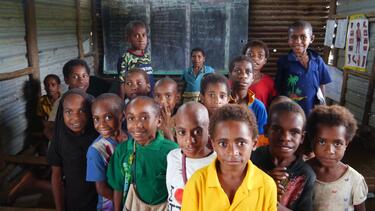Management in Practice
How Will We Know if Healthcare Reform Is Working?
The Affordable Care Act, also known as Obamacare, remains a focus of heated political rhetoric—rhetoric that can obscure what’s actually happening in the healthcare system. A panel of Yale experts discussed what metrics we can look at to know if the law is increasing coverage and reducing costs as intended—and whether there are unintended effects on the larger economy.
How Do You Sell Insurance across Cultures?
People the world over want to protect themselves from risk, but they have very different ideas about what insurance is and should be. Beth Hirschhorn, executive vice president for global brand and marketing at MetLife, discusses how her company found a universal message that can be localized for cultural resonance.
How Can Social Entrepreneurs Respond to the Growing Freshwater Shortage?
Anupam Bhargava, CEO of Clearwater Systems, discusses the role of cleantech in ensuring a sustainable water supply.

How Did the Corporation Become Global?
Henry Schacht, the CEO of Cummins from 1973 to 1995, saw his company transform from an essentially domestic company to one so global that "it doesn’t matter where the headquarters are." He talks about how leaders can learn to think globally.

Classroom Insights: Hybrid Models for Social Good
In a talk with Master of Advanced Management students at Yale SOM, Mercy Corps CEO Neal Keny-Guyer ’82 discusses the importance of finding innovative partnerships between the nonprofit and for-profit sectors.
Do international development organizations need to be in the innovation business?
Neal Keny-Guyer '82, CEO of Mercy Corps, talks about his organization's formula for innovation: local leadership, rigorous metrics, and a willingness to adapt and change in mid-project.

Can impact investing have an impact?
Impact investing, a growing niche in finance, seeks to marry strong financial returns with positive social impacts. That can mean investing in companies whose products improve the environment, or it can mean helping a startup find ways to positively contribute to the neighborhood where it’s based. Nancy Pfund ’82, founder and managing partner of DBL Investors, talks about the growth of the sector.
Predicting Financial Markets
The increasing complexity of financial instruments, the growing globalization of markets, and the increasing scale of major financial institutions all collided in the financial crisis of 2008. Has the crisis changed the markets for good? Should we expect major shifts in the long-term returns and volatility of different asset classes? What are the long-term consequences of automated trading, globalization, and other macro-trends?
How do you run a large school district?
The newly appointed superintendent of New Haven Public Schools talked with Yale Insights about what kind of leadership is needed in education.
Can a town reinvent itself before its economic engine disappears?
Tabubil is a town of about 30,000 people, deep in the mountains of Papua New Guinea. It was built by the operators of the Ok Tedi mine, an open-pit gold and copper mine. But now, with the end of the mine’s life in sight, the town faces a stark challenge: completely remake itself or disappear. John Wylie, former head of the Tabubil Futures Initiative, talks about what it takes to imagine a new economy and a new way of life for the isolated community.
